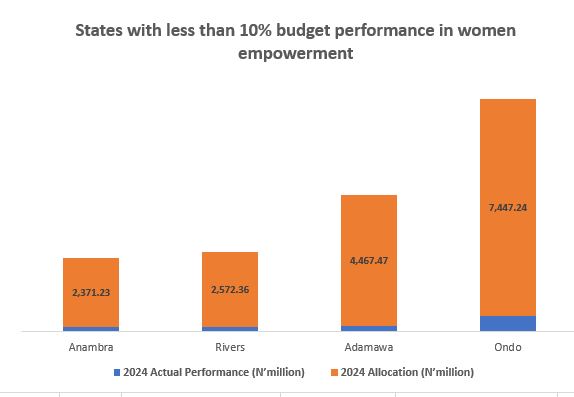The Federal Government has approved the commencement of the privatisation process for a number of government assets including the Afam Power plants 1-5 which it hopes will inject additional power into the national grid and improve electricity nationwide.
A press statement issued in Abuja on Monday by the Office of the Vice President signed by his spokesman Laoulu Akande, said the approval was given by the National Council on Privatisation (NCP), chaired by the Vice President Yemi Osinbajo at its two days meeting last month.
The Afam Power station which was first built in 1962 and later expanded from 1 to 5 has an installed capacity 1000Mega Watts but only produces about 100MW.
At its meeting which held at the Presidential Villa, on the 22 and 23rd of August the Council which is the highest decision making body on policies relating to the privatisation and commercialisation policies of the Federal Government also approved the immediate commencement of the reform and commercialisation of the River Basins Development Authorities to revitalise the irrigation and river basin potentials for agricultural purposes.
Similarly, to harness the nation’s untapped tourism potential, the council also approved the partial commercialisation of the National Parks using three key national parks as pilot projects.
The Council also approved the pursuit of an out-of-court settlement involving the privatisation of Aluminium Smelter Company of Nigeria (ALSCON).
The council also approved the immediate revocation of the concession of the Lagos International Trade Fair Complex, and the immediate commencement of a fresh privatisation of Yola Electricity Distribution Company.
According to him, the move aims to resolve the lingering dispute between the Federal Government, BFIG and United Company RUSAL through the mediation of the Secretariat with the active collaboration of the Federal Ministry of Mines and Steel Development.
The council advised that “the mediation efforts should take a holistic view of the entire sector and the overriding national interests to jumpstart industrial development through the steel sector in arriving at a resolution on the matter.”
At a meeting, the Council under the chairmanship of Osinbajo, reviewed the proposals presented by its Secretariat, the Bureau of Public Enterprises (BPE) for the reform and restructuring of various sectors of the economy.
The approvals, the council noted, were aimed at giving traction to key infrastructure facilities in the country that are presently under concessions, but have been adjudged to be performing sub-optimally.
Other key decisions taken by the council include the approval of the amendments to the Work Plan for the conclusion of the transaction involving the concessioning of Terminal “B” Warri Old Port; the restructuring and recapitalisation of Bank of Agriculture.
“The restructuring of the BOA is in alignment with the Government’s desire to make financing options readily available to farmers for an aggressive diversification of the Nigerian economy,” the council stated.
Elizabeth Archibong








